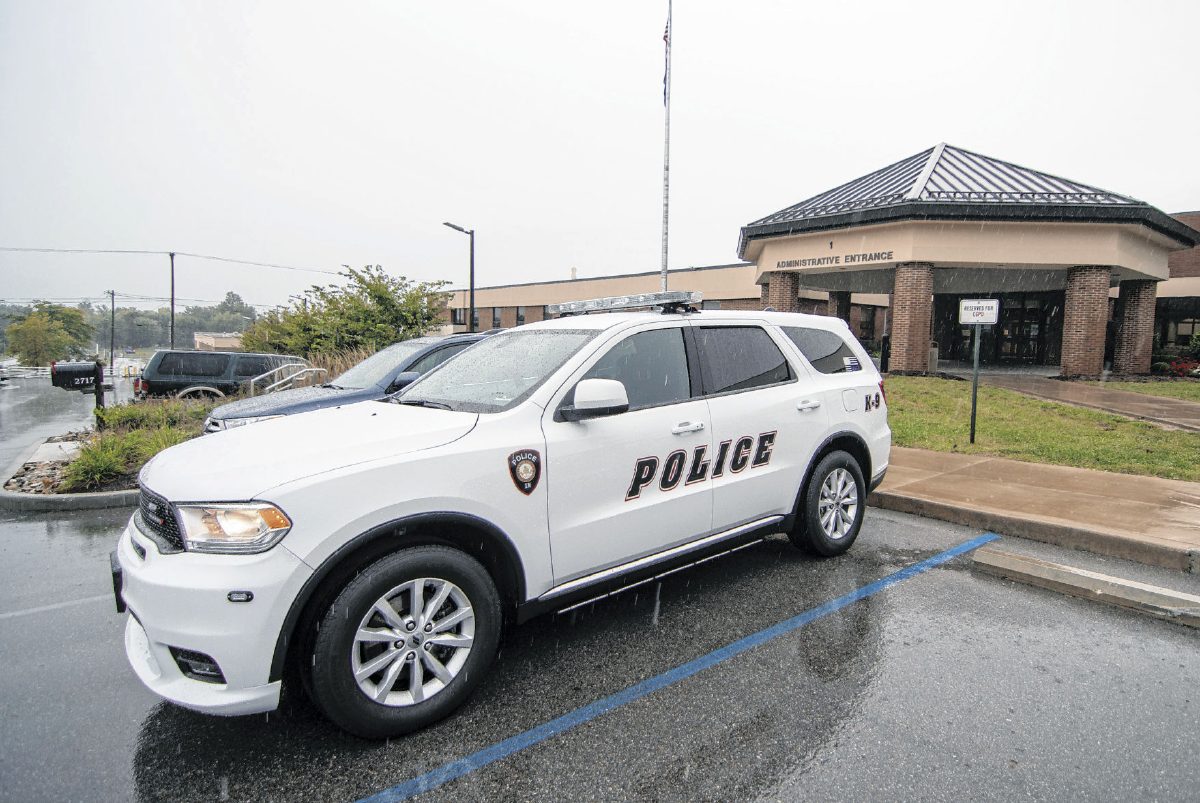The public has a right to know about criminal activity in their communities and in their children’s schools, under what are known as public access laws.
School police departments, including the ones at Clark-Pleasant and Center Grove Community Schools, are not exempt from giving that information to families and community members under those laws.
Those schools are learning about what information has to be made public. For example, a dispatch log noted a narcotics investigation at Center Grove High School. After being made aware of the state law requiring the school to disclose information about the incident, Stacy Conrad, a spokesperson for Center Grove schools, sent the narrative of the event attached to a police report four days after the Sept. 20 incident.
A request for a Clark-Pleasant police report on Sept. 11 regarding an investigation yielded a police report with a narrative that read: “investigation regarding a juvenile.” The school followed up by releasing a full narrative of the event, saying they want to comply with the law and be transparent. The incident involved an adult soliciting sexual relations from a 16-year-old student at Whiteland Community High School through Instagram messaging.
[sc:text-divider text-divider-title=”Story continues below gallery” ]
Indiana law requires schools to include information on the location, circumstances, time and arresting officer after an arrest is made or a charge is filed. If the student is at least 18 years old, the school is required to release the student’s name. The police report has to be created and available within 24 hours of the incident, according to the law.
Center Grove schools, which established its police department nearly a decade ago, was one of the first in the state to set up a police department. Since then, officials from about 15 Indiana school districts have decided to operate their own police departments, and because of that, making sure schools know the law is key, said Luke Britt, public access counselor for the state of Indiana.
Britt is considering ways to communicate reporting requirements to school districts, which will also be displayed on the state’s website in the near future, he said.
“It’s kind of a novel issue. That’s what piqued our interest,” Britt said. “We weren’t aware that school corporations had their own police forces. We hadn’t dealt with the issue. It’s interesting to have that as an academic discussion and communicate our expectations on the law as well.”
Britt first learned that schools had police departments when a Clark-Pleasant Community Schools administrator contacted him asking for clarification on how much the school district was required to disclose to the press, he said.
“We did speak to a couple different agencies and it seems to be a little bit of a learning curve when it comes to public access stuff,” Britt said. “We hadn’t dealt with that issue before. Sometimes, we’re at a loss for what kind of records need to be developed and disclosed. The biggest issue is with the daily activity log and what needs to be documented. It’s an intersection of student activity and educational activity that has confidentiality, so it’s a complex issue.”
School police departments, like any other police department, are required to keep a daily log of incidents that are reported to the police. That log includes general details including the time, location, type of offense and circumstances of the incident. Reporters can also ask for a narrative of the incident, which provides more details from the perspective of a responding officer, including the chronological order of when events occurred surrounding an arrest or investigation, Britt said.
State law trumps the Federal Education Right to Privacy Act when it comes to disclosing information about illegal activity, although the identities of victims of sexual misconduct should remain confidential, said Steve Key, executive director of the Hoosier State Press Association, of which the Daily Journal is a member.
“Public schools and their police departments fall under the statute that falls under regular police departments,” Key said. “They should be keeping a daily log or report of requests for assistance to make the information available as a regular police department would, and that’s spelled out in the access laws.”
[sc:pullout-title pullout-title=”At a glance” ][sc:pullout-text-begin]
The public has access to police records upon request under Indiana Code 5-14-3-5:
- If someone is arrested or summoned, the public has a right to access the person’s name (with the exception of juveniles), age, address, charging information and circumstances leading to that arrest or summons
- Circumstances include the time and location, investigating or arresting officer and the law enforcement agency involved
Source: State of Indiana
[sc:pullout-text-end]





